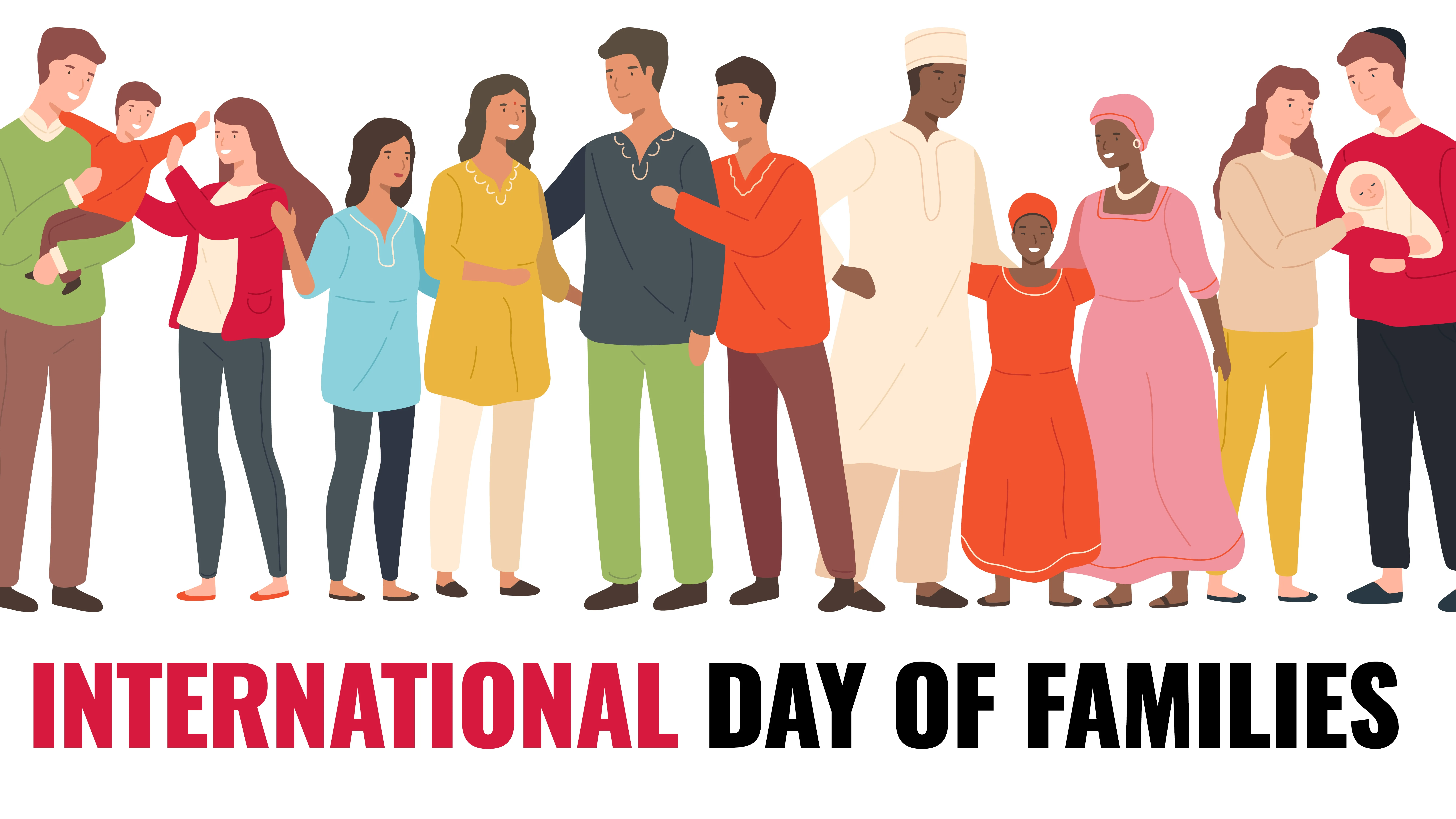In 1993, the UN declared that May 15th would be known as The International Day of Families. This day is meant to highlight the important role that families hold in communities and create awareness of issues faced by families throughout the world. Celebrating all types of families and traditions on this day is a way to honour our differences and learn from each other no matter what culture we’re from.
From Germany to China, to Trinidad to Mexico and everywhere in between, this day is an amazing way to pay tribute to all the different family traditions around the world at all times of the year.
Around the Globe
In India, they celebrate the Hindu Harvest Festival, Thai Pongal. This festival is to honour the animals in our everyday lives and to shower them with extra treats, food and care. This is to show us just how small we really are and how animals are our equals, and that we need to pay attention to the impact they have on our lives.
The Dutch holiday season, known as Sinterklaas, is a fun way for families to gather and have fun together. Everyone picks a name out of a hat and has to write a funny poem about that person. The goal is to be as mischievous as possible, and then families will usually vote on who had the funniest poem while sitting around a fire with a warm drink. This is known to be one of the most prized gifts to receive during the Sinterklaas holiday season!
In China, instead of celebrating big-decade birthdays like other cultures, they celebrate the number nine because it represents longevity, which means they usually celebrate a significant birthday a year early for better luck! Similar to birthdays, China’s culture also celebrates the first 100 days of a baby’s life. When a baby reaches their first 100 days, it is said to symbolize that the baby will live to be 100, and this is said to be one of the most important moments in their life.
The Schultüte, also known as a ‘school cone’ or ‘cone bag,’ is how kids in Germany celebrate their first day of school. The Schultüte is very large and can be fully rounded and cone-shaped or appear more like a pyramid on a hexagonal base. They hold things such as new school supplies, sweets, and other small gifts. This is a way to celebrate the first day of school as a rite of passage for children.
In Trinidad, there comes a time once a year when everyone in the family visits their elder’s homes. They will share traditional stories and folklore about their culture and even mythical creatures called Jumbies, which are often said to be related to supernatural occurrences. Once all the stories are heard around the fire, a barbecue is had, games are played, and quality time is spent together.
Respecting and honouring your ancestors is something that Japan takes great pride in. Families can offer their ancestors anything from their favourite foods to flowers to honour them and their life by placing a small altar known as a butsudan in their home. Families will gather yearly to offer pictures, food, flowers, rituals and stories to their ancestors at the butsudan to keep their memory alive and well.
A Quinceanera is a celebration of when a young woman who is part of Latin American culture turns 15. The Quinceanera has many important aspects that other cultures might not have. The biggest being this is the birthday that marks a girl’s passage into womanhood. Other parts of the ceremony include the father-daughter dance, which symbolizes that her father is the first man in her life as she celebrates this new milestone. There is also the gift of high heels to symbolize a step toward adulthood and the Quinceanera dress, meant to represent an “adult dress.” These are a few of many other traditional aspects of the Quinceanera, and it’s safe to say that this is by far one of the most lavish customs held by families worldwide.
The Importance of Family
With so many different family cultures and traditions from around the world, we can constantly learn from others. Learning the different ways in which families experience things from different parts of the world can be enriching and eye-opening. Continuing to learn from others also promotes a level of respect and consciousness that goes hand in hand with the meaning of the International Day of Family. That is that family is a cornerstone of society. No matter where we are born, across the globe, family is important.
Do you have a family tradition you love? Share your story with us!
 Client portal
Client portal 



